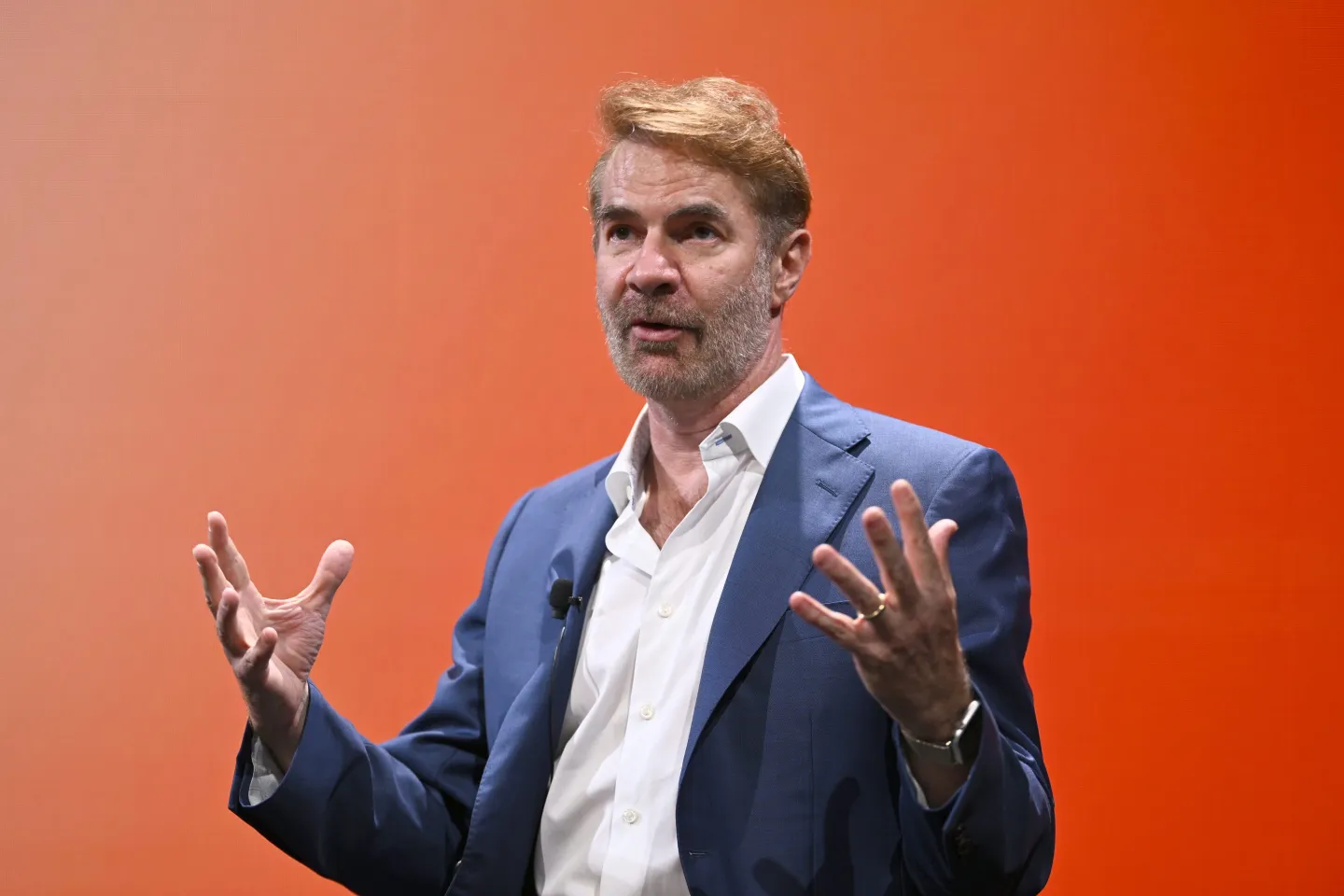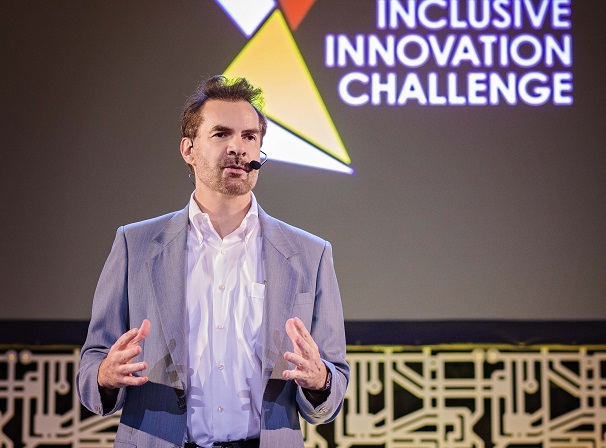In a 2018 Financial Times article, Erik Brynjolfsson was highlighted as a prominent advocate for the transformative potential of information technology, especially AI, on productivity.
As a professor at MIT’s Sloan School of Management and director of the MIT Initiative on the Digital Economy, Brynjolfsson spent two decades researching productivity, the digital economy, and the economic implications of AI. His insights into how AI can drive productivity make him a key figure in understanding AI’s potential impact on business and work.
The author first encountered Brynjolfsson at MIT, where he attended several IDE events and collaborated on a Fortune 1000 CIO roundtable. Brynjolfsson’s forward-thinking work, notably in “The Second Machine Age” and his 2017 article in MIT Sloan Management Review, predicted the significant influence of AI on business productivity.
This foresight was further acknowledged in the author’s 2021 book, which cited Brynjolfsson’s pioneering contributions to the fields of digital, data, and AI.
In June 2020, amid the COVID-19 pandemic, Brynjolfsson transitioned to Stanford University as the Jerry Yang and Akiko Yamazaki Professor and Senior Fellow. There, he established the Digital Economy Lab at the Stanford Institute for Human-Centered AI (HAI).

The Lab’s mission is to explore the economic impacts of rapid advancements in AI and digital technologies, aiming to create economic models that ensure widely shared prosperity through AI-driven productivity enhancements.
In a recent discussion, Brynjolfsson emphasized the pervasive impact of the digital economy on all aspects of society and the potential for AI to augment human capabilities, leading to significant productivity gains.
He stressed the importance of integrating human and machine capabilities, reiterating his 2017 assertion that managers who leverage AI will outperform those who do not. This belief is central to the Lab’s focus on using AI to enhance, rather than replace, human work.
Relocating to Silicon Valley, Brynjolfsson expressed enthusiasm for the region’s innovative environment, including the collaboration opportunities at Stanford and the broader tech community.
He highlighted the strong leadership at HAI, mentioning Fei-Fei Li and the recent addition of MIT researcher Sandy Pentland to the team, further bolstering the Lab’s research capabilities.

In an interview with the Financial Times, Brynjolfsson compared AI’s transformative potential to the Industrial Revolution but noted that AI’s impact will unfold much more rapidly. He highlighted AI’s potential in various sectors, particularly healthcare, and discussed the broader implications of artificial general intelligence (AGI).
Brynjolfsson argued that AI should focus on augmenting human intelligence, rather than merely imitating it, to drive productivity and create new opportunities.
Brynjolfsson’s new venture, Workhelix, embodies his commitment to enhancing productivity through AI. The company uses task-based analysis to determine where AI can most effectively boost productivity without compromising quality.
Workhelix’s approach involves assessing the potential for AI to double the productivity of specific tasks, ultimately aiming to understand how entire jobs and companies can benefit from AI integration.
Brynjolfsson envisions AI-driven productivity gains leading to significant economic growth and the creation of new jobs and companies. He advocates for AI augmentation to ensure humans share in the value created, as detailed in his article “The Turing Trap: The Promise and Peril of Human-Like Artificial Intelligence.”
However, he also cautions against the risks associated with AI, including misinformation and cyber threats. Brynjolfsson emphasizes the need for responsible governance and safeguards to ensure that AI’s potential benefits are realized while mitigating its risks.


